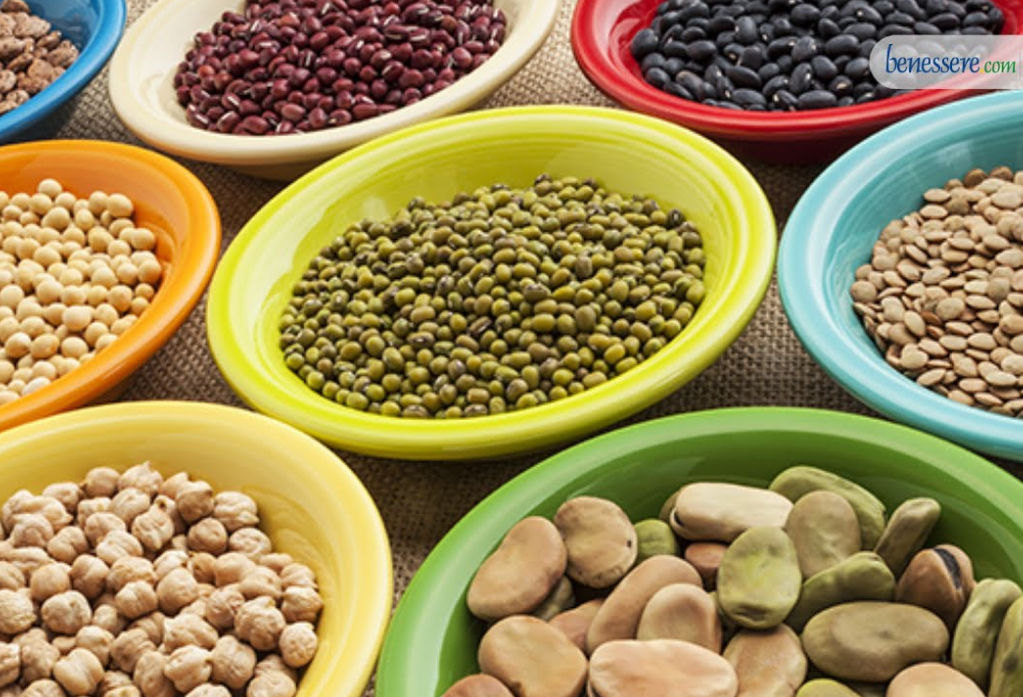Beans and peas
Chickpeas, also known as “garbanzo beans,” is a fundamental ingredient in several dishes at Bikki Restaurant, including Small Hummus and Murgh Channey.
For example, they were grown in Turkey around 3,500 BCE and France around 6,790 BCE, making them one of the oldest beans ever grown. Chickpeas are grown in more than 50 countries around the world, but India grows the most of them.
A healthy diet should include Desi-type beans, which are smaller and darker and are used a lot in South Asian and Middle Eastern cooking. They are high in fiber, protein, and important vitamins and minerals.
Why chickpeas are good for you?
It is not just the taste of chickpeas that makes them so healthy. Some of the good fats that they contain are linoleic and oleic acids, iron, phosphorus, fiber, B vitamins, and protein.
A lot of different health benefits come from chickpeas:
Blood Sugar Control:
Chickpeas help keep blood sugar levels steady because they have a low glycemic index and glycemic load. Because of this, they are especially good for people with type 2 diabetes.
Digestive Health:
Chickpeas have a soluble fiber called raffinose that is digested in the gut by good bacteria called Bifidobacterium. This is good for your digestive health. Howeveryrate is a short-chain fatty acid that is made during fermentation. It helps keep the gut healthy, lowers inflammation, and may even lower the chance of colorectal cancer by encouraging healthy cell turnover.
Heart Health:
Also good for heart health are chickpeas. A plant sterol called sitosterol is found in them. It lowers cholesterol by stopping the body from absorbing cholesterol. These healthy fats and fibre found in chickpeas also help the heart by lowering bad cholesterol and raising good cholesterol.
Weight Management:
Chickpeas are known for their ability to make you feel full and satirized because they are high in protein and fiber. They also help chew food longer and give meals more bulk. They are great for people who are trying to control their weight because they make you feel full.
“More nutrients and lower risk factors for obesity have also been linked to eating beans regularly”
(CSUN Nutrition Experts).
Uses in cooking and cultural significance
There are many recipes that use chickpeas that show how versatile they are. They have been used in Middle Eastern and South Asian cooking for hundreds of years. Classic dishes like Murgh Channey, a filling chicken and chickpea soup that shows off the richness and ease of Indian spices, are made with chickpeas as the main ingredient at Bikki Restaurant. Along with tahini, lemon, and olive oil, the Small Hummus dish mixes chickpeas to make a smooth, tasty dip that is high in nutrients.
Modern Indian chef Atul Kochhar says that chickpeas are
“one of the most versatile ingredients in Indian and Middle Eastern cooking—they not only lend a nutty flavor but also provide the texture to elevate any dish.”
Because they are so versatile, chickpeas can be found in salads, stews, and crunchy roasted snacks.
How to Pickle Chickpeas the Right Way
Roasting for Maximum Benefits:
Chickpeas that have been roasted are a crunchy, high-protein snack that can be eaten by themselves or added to salads. CSU Nutrition Experts say that when they are roasted, they have more nutrients than when they are mashed into hummus. Each 100 grams of roasted chickpeas has about 20 grams of protein and 12 grams of fiber.
Using Aquafaba:
Do not waste the water from cooking or opening bean cans when you use Aquafaba. As an egg replacement, the liquid, which is called aquafaba, can be used to mix multiple ingredients together. In recipes like meringues or vegan mayonnaise (Harvard Nutrition Source), this makes it great for cooking only plants.
Some other protein items we use at Bikki Restaurant in Khobar are proud to be healthy and add great taste to our food. Chickpeas are a great example of how healthy simple, natural foods can be. They taste great in a warm stew, a fresh salad, or a smooth dip. It is a practice that these meals are good for you and full of taste.



